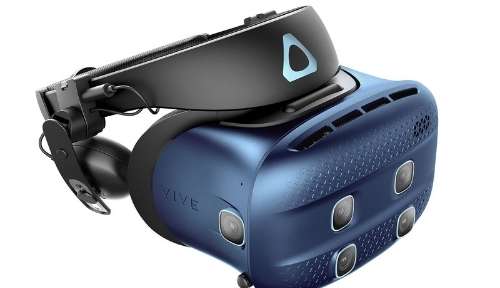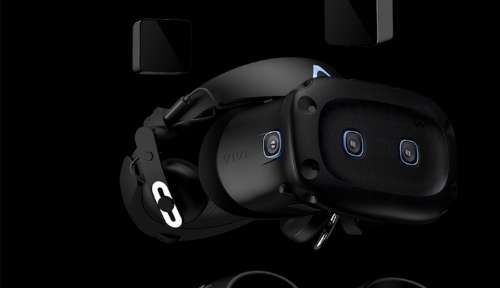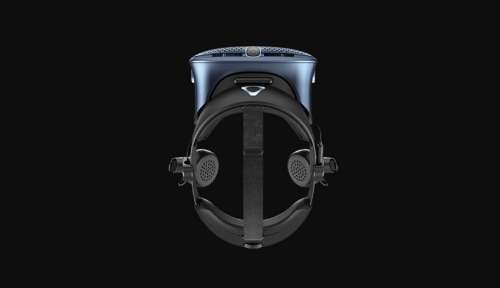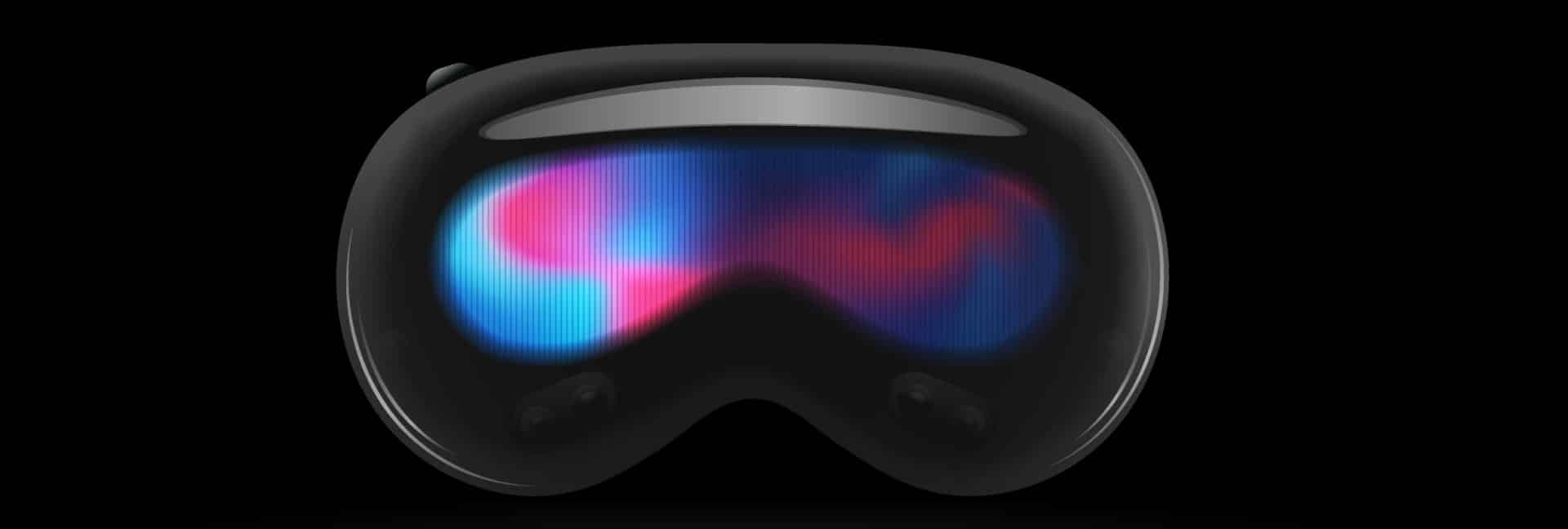In a recent Instagram AMA, Meta CTO Andrew Bosworth responded to questions about the company’s plans to support 2D Android apps by stating that Google had refused to allow Play Store access on the Quest.
In his response, Bosworth talked about how Android developers who have an Android Package Kit (APK) that is currently available on other Android devices could easily bring their app or game across to the Quest by supplying Meta with the APK, and that it would only require light modifications at most.
But broaching the subject of having straight access to the Google Play Store, he went on to say, “We would love for Google to bring their Play Store of apps to VR. We’ve asked them – they don’t want to do it. And so it’s up to developers to do that.”
So, why won’t Google let Meta offer the Play Store on the Quest? Let’s explore this news.
Why Isn’t the Google Play Store On Quest
The Google Play Store allows users of Android devices to purchase and download a host of apps, games, and other content. In certain regions, makers of Android phones and tablets require a per-device paid license from Google. Tech firms must also meet certain Google requirements, like pre-installing popular apps, including Gmail, Google Maps, and Chrome.
The Play Store is available on most Android devices, including phones and tablets. There are a few exceptions to this rule. These include Amazon’s Fire tablets as well as certain devices manufactured by Chinese brands.
In his response, Bosworth didn’t discuss the specifics of Meta’s conversation with Google. For instance, while his comments suggest Google doesn’t want to play ball, Meta may have refused to meet the licensing requirements by not agreeing to pre-install other Google apps.
So far, Google has yet to share its side of the story.
Who Wants 2D Apps On the Quest?
While the Quest is a VR device, it can run up to three 2D Android apps simultaneously. At the moment, the Quest store is somewhat lacking in 2D Android apps, with only two available, both of which are Meta-owned services, Messenger and WhatsApp.
That said, it is possible to sideload lots of Android APKs through a PC. The ones that don’t work as those that require Google Play Services runtime. This puts several of the top Play apps out of bounds for Quest users wanting to access them through their headsets.
The Quests pre-installed browser is 2D, and there are various Progressive Web Apps available on the headset, like Adobe Acrobat, Peacock, and more.
Tough Competition
Although the Quest has been with us for a few years now, the interest in whether it can download any phone and tablet apps is more valid than ever now for two reasons.
Apple has recently confirmed that most of the iPhone and iPad apps will be available through the App Store on the Vision Pro from launch.
Added to this, Google is also said to be joining the XR revolution as it’s building its own platform, which will run on the Samsung headset when it’s launched. With Google alongside Samsung in developing the headset, it’s safe to assume that the Play Store will be available on the new device.
By including access to 2D apps, both Samsung and Apple will ensure users can enjoy a seamless progression to the next level of technology.
Zuckaberg’s Quest
When Zuckerberg bought Oculus back in 2014, he was seeking to minimise Facebook’s reliance on the likes of Google and Apple. But with the hold both companies have on phone and tablet platforms, it’s proving harder for Meta to find its independence at the forefront of the new web 3.0.
While Meta has the headstart with stacks of immersive apps for its headsets, there’s a danger that Quests lack the bridge to the current generation of personal computing. The question is, how long will 2D apps stay relevant? Realistically, for quite some time!







